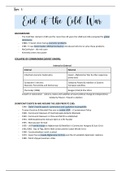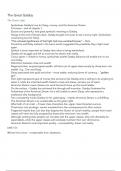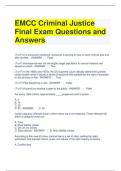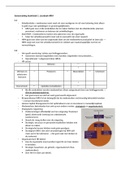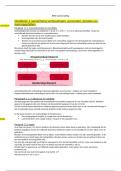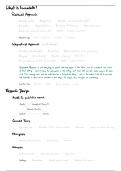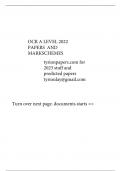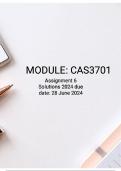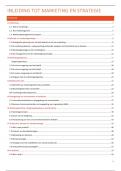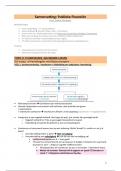Resumen
End of the Cold War & a New World Order Notes & Summary (IEB)
- Grado
- Institución
- Book
This note pack includes in-depth and detailed notes on the End of the Cold War covered in the Grade 12 IEB History syllabus. Everything you need for your exams or tests! These notes have been written by two History students who received A's from these study notes. These notes are SAGS compliant & h...
[Mostrar más]
